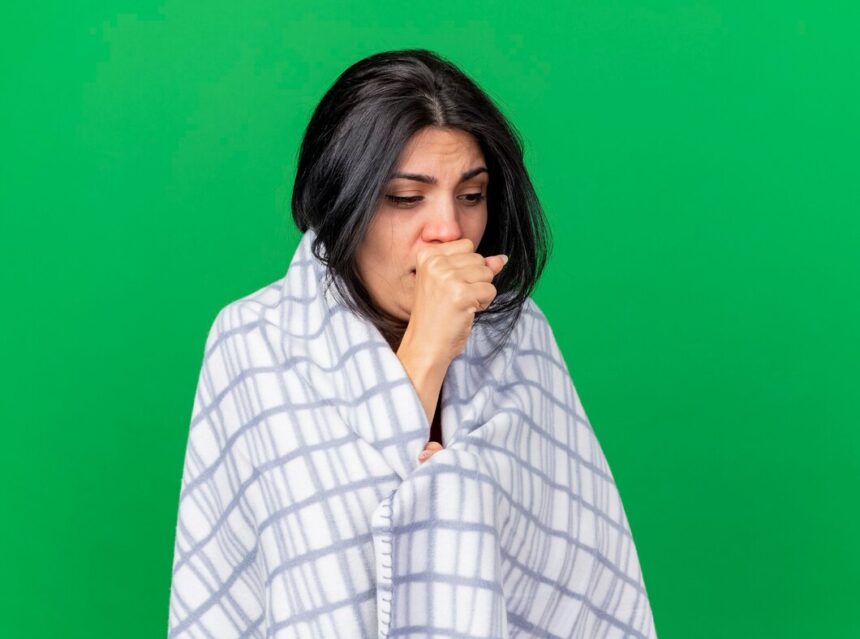Pertussis, commonly known as whooping cough, is a highly contagious respiratory disease caused by the bacterium Bordetella pertussis. While it can affect individuals of any age, it is particularly severe in infants and young children, often leading to serious complications. Recognizing the signs and symptoms of pertussis is crucial for early diagnosis and effective treatment. Here are some key indicators to be aware of:
1. Persistent Cough: One of the hallmark symptoms of pertussis is a severe, persistent cough that can last for weeks or even months. The coughing fits can be so intense that they cause vomiting, exhaustion, and difficulty breathing.
2. “Whooping” Sound: The characteristic “whoop” sound is often heard at the end of a coughing spell when the person tries to inhale. However, not everyone with pertussis will develop this distinctive sound, especially infants who may not produce it.
3. Cold-like Symptoms: In the early stages, pertussis may resemble a common cold, with symptoms such as a runny nose, sneezing, and low-grade fever. However, unlike a cold, pertussis symptoms tend to worsen over time rather than improve.
4. Cyanosis: During severe coughing episodes, inadequate oxygen intake can lead to cyanosis, a bluish discoloration of the skin, particularly around the lips and nails. This is a sign of oxygen deprivation and requires immediate medical attention.
5. Fatigue and Poor Feeding (in infants): Infants with pertussis may exhibit symptoms such as fatigue, poor feeding, and pauses in breathing (apnea). These subtle signs can easily be mistaken for other conditions, highlighting the importance of close observation and prompt medical evaluation.
6. Complications: Complications of pertussis can be severe, especially in infants and young children. They may include pneumonia, seizures, brain damage, and even death. Older children and adults may experience complications such as rib fractures from severe coughing.
7. Vaccination History: While vaccination does not guarantee immunity, it significantly reduces the risk and severity of pertussis infection. Infants and young children receive multiple doses of the pertussis vaccine as part of the routine childhood immunization schedule. However, immunity can wane over time, necessitating booster shots for adolescents and adults.
8. Close Contact with a Known Case: Pertussis is highly contagious and spreads through respiratory droplets when an infected person coughs or sneezes. Close contact with someone diagnosed with pertussis significantly increases the risk of transmission.
Seeking Medical Attention:
If you suspect that you or your child may have pertussis, it is essential to seek medical attention promptly. Early diagnosis and treatment with antibiotics can help reduce the severity and duration of symptoms, as well as prevent the spread of the disease to others. Additionally, supportive care, such as rest, hydration, and monitoring for complications, may be necessary, especially in severe cases.
Prevention:
Preventing pertussis relies heavily on vaccination. Ensuring that you and your family members are up-to-date on their pertussis vaccinations can help protect against infection and reduce the risk of transmission within the community. Additionally, practicing good respiratory hygiene, such as covering coughs and sneezes and washing hands frequently, can help prevent the spread of pertussis and other respiratory infections.
In conclusion, being able to recognize the signs and symptoms of pertussis is crucial for timely intervention and preventing further spread of the disease. If you or someone you know is experiencing symptoms consistent with pertussis, don’t hesitate to seek medical advice and follow the recommended treatment and preventive measures.










